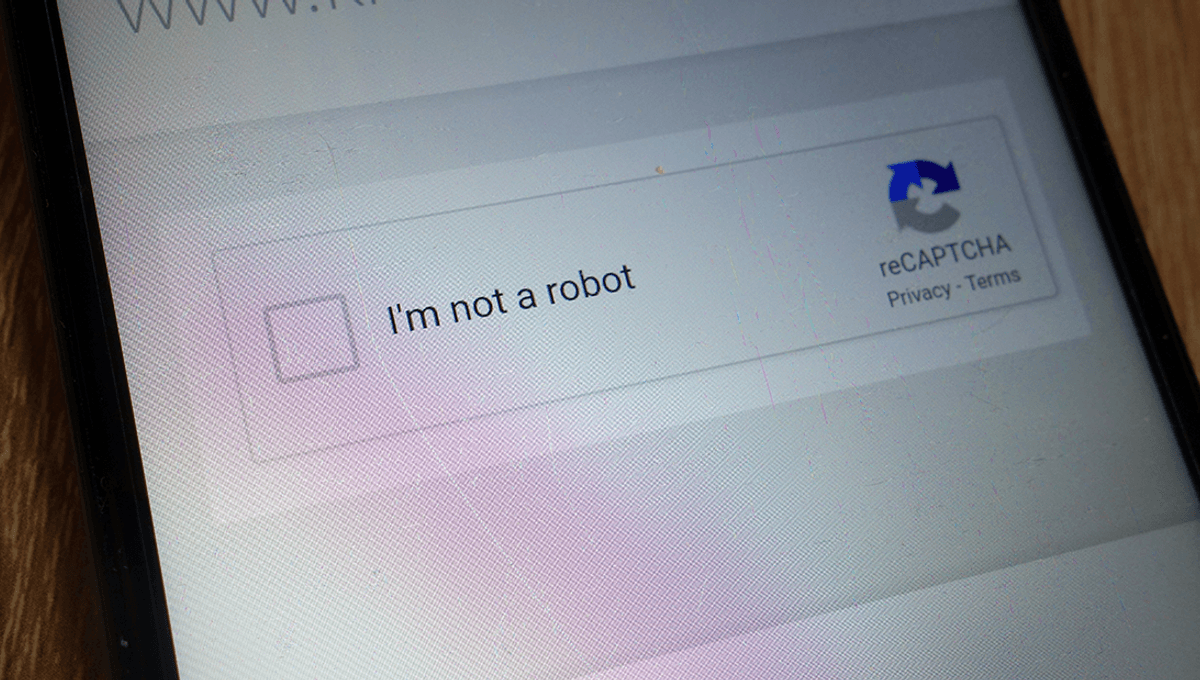
In a terrible sign for any future human vs robot fight for the Internet, it appears that they already have us beat at certain tasks. Having already humiliated us at chess, artificial intelligence (AI) can now beat us at the one thing we were sure we were superior at: completing those “are you a robot” tests on the Internet. That’s right, AI is better at proving it is human than humans are.
In “Completely Automated Public Turing test to tell Computers and Humans Apart”, or CAPTCHAs, users are given a task to complete that separates them from bots. They range from irritating (“please select the parts of this image which contain hillocks”) to the not so much (click here to confirm you are not a robot).
Simple CAPTCHA tests may look at your cursor movement to determine whether you are human, and also delve a little into your cookies to see if your journey around the web looks human.
A preprint study, not yet peer-reviewed, looked at the time it took for humans to solve various CAPTCHA tests, comparing those results with the fastest attacks on those CAPTCHA tests by AI. Human participants were asked to solve CAPTCHAs, or given another task interspersed with CAPTCHAs and made to look incidental to the experiment.
The team analyzed the top 200 most popular websites according to the Alexa ranking to see which tests they were using, finding that Google’s reCAPTCHA was the most commonly deployed by far. This test will ask you to click to confirm you are not a robot, and may ask you to perform further image-based tasks if it can’t determine you are a fleshbag from the first test. On this test, humans took around 3.1-4.9 seconds to complete, with a 71-85 percent accuracy. The fastest bot solved the same test in 1.4 seconds, and could complete it with 100 percent accuracy.
Distorted text CAPTCHAs had humans faring even worse, passing only 50-84 percent of the time and in 9-15.3 seconds.
“Interestingly, these results suggest that bots can outperform humans,” the team wrote in their study, “both in terms of solving time and accuracy, across all these CAPTCHA types.”
The team believe that the study shows that current CAPTCHA tests are not fit for purpose, given how good bots are at proving they are human.
“There’s no easy way using these little image challenges or whatever to distinguish between a human and a bot any more,” team member Andrew Searles told New Scientist.
The study is available on preprint server arXiv.
Source Link: Robots Are Better At Proving They're Humans Than Humans Are